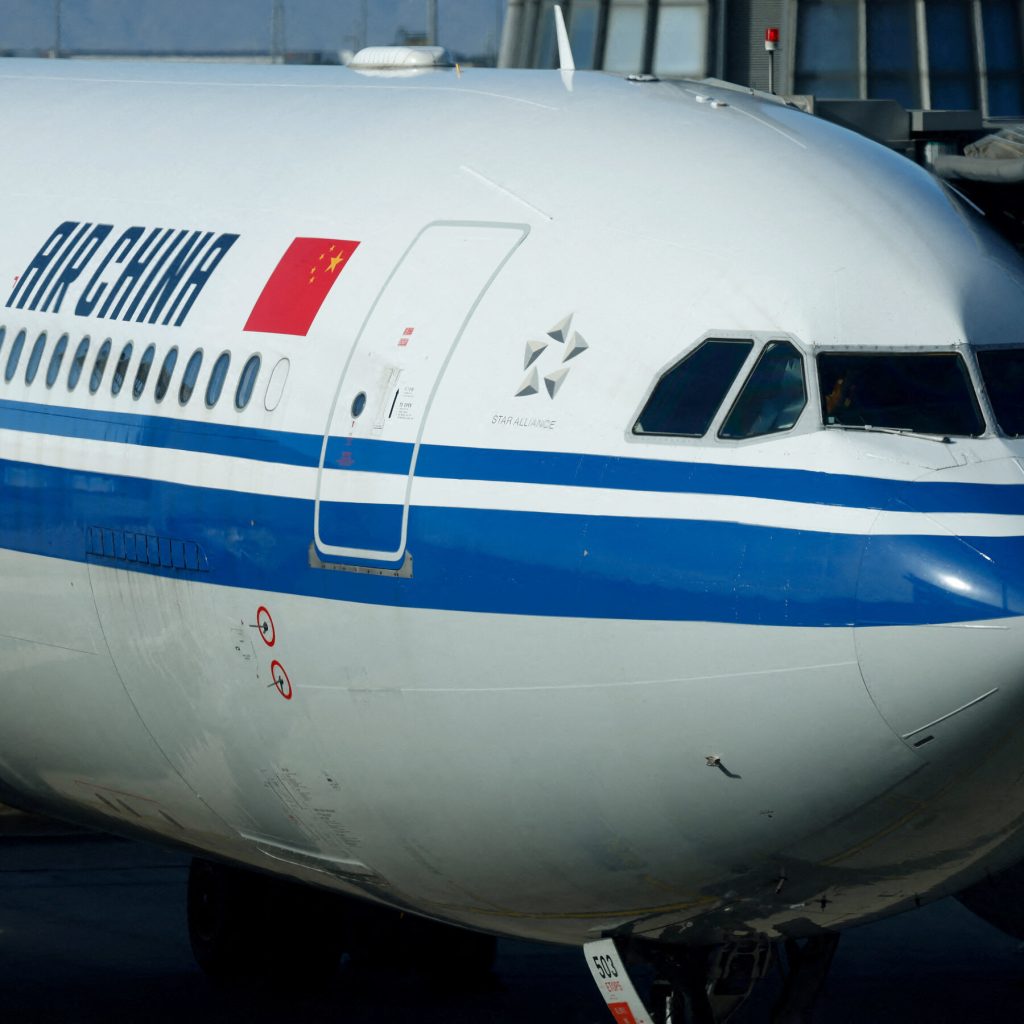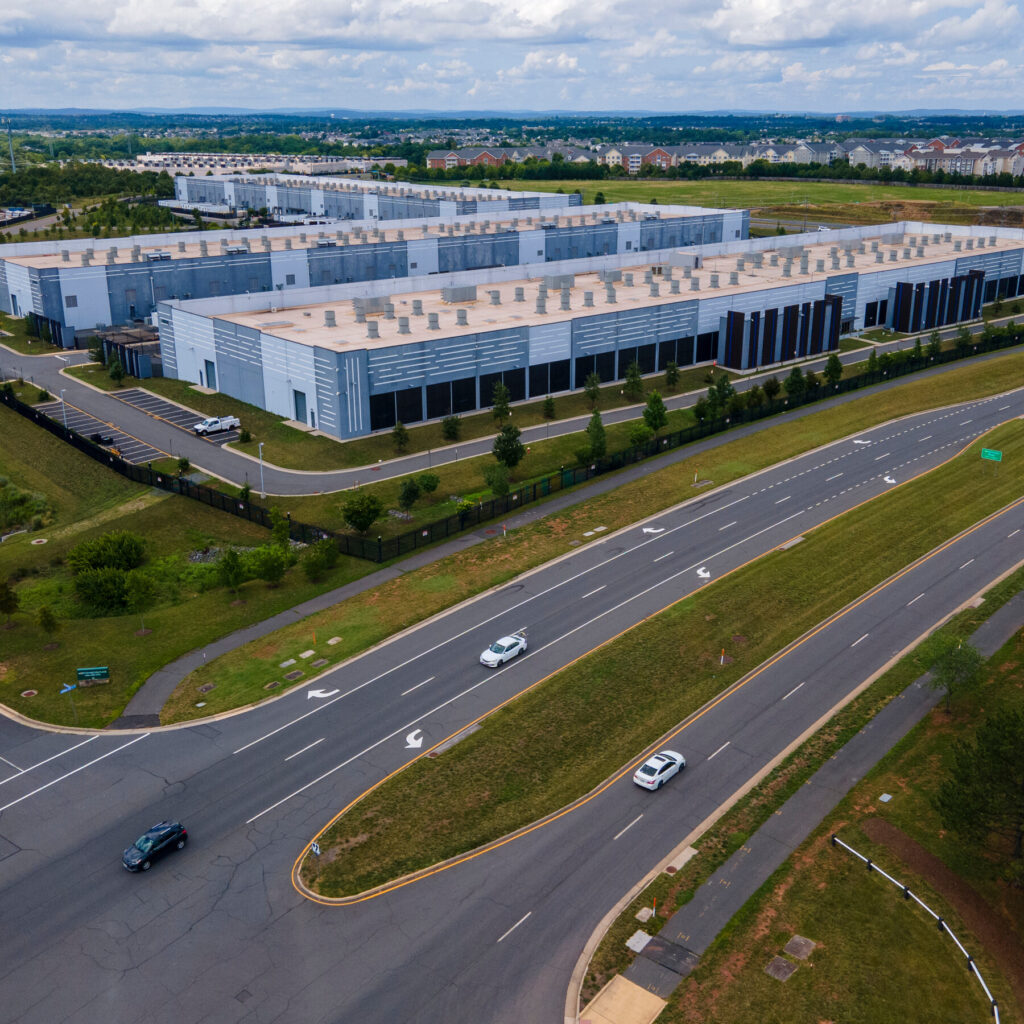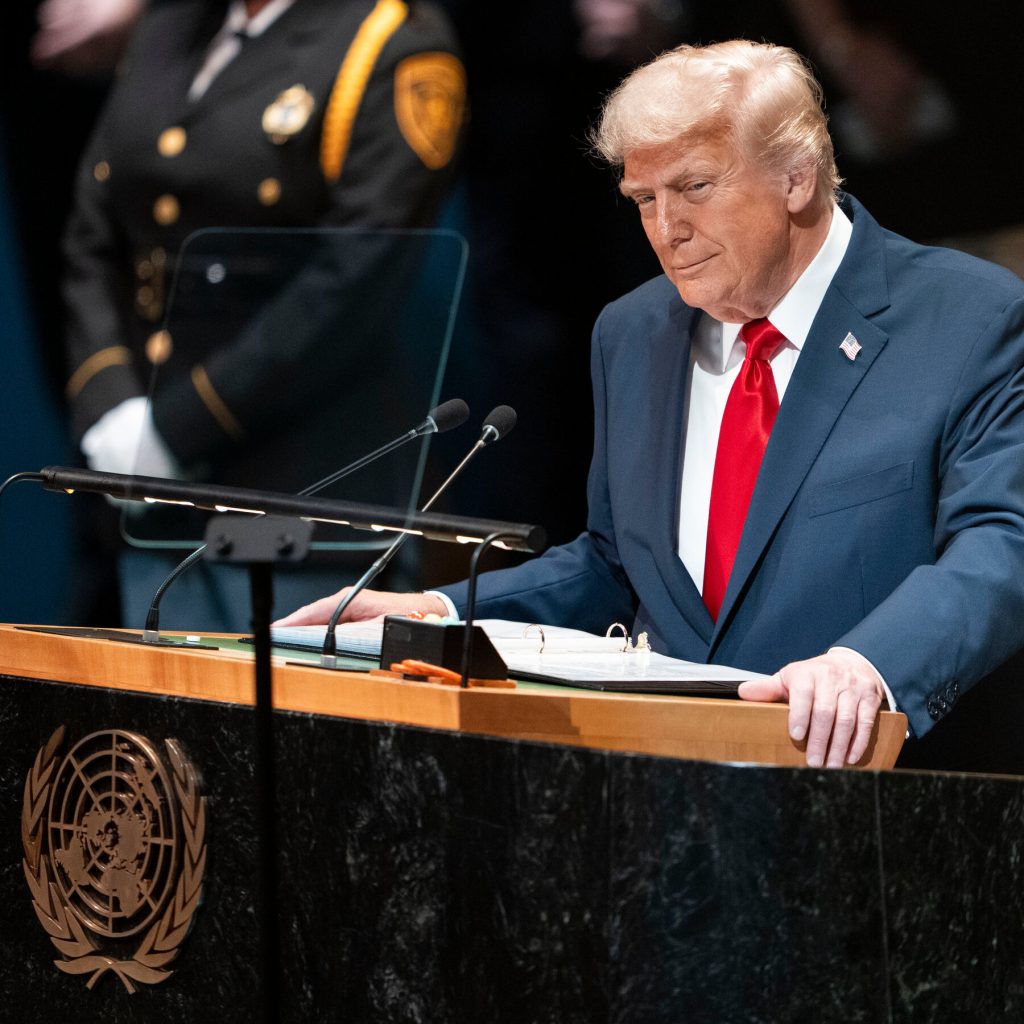H-1B Visas Take Center Stage: The Underlying Issue of Vanishing Tech Jobs

The recent announcement that employers will be required to pay a hefty $100,000 fee for each H-1B visa granted to skilled workers has sent shockwaves through the industry. At first glance, the move appears to be an abrupt policy shift. However, the underlying grievance that has been building up over time reveals a more complex narrative. A key factor contributing to this sudden spotlight on H-1B visas is the unexpected disappearance of tech jobs.
In recent years, the technology sector has experienced significant layoffs, with thousands of employees losing their jobs. This sudden shift in the job market has led to a substantial increase in the number of skilled workers available for hire. As a result, employers are now spoiled for choice, with a vast pool of talented individuals to choose from. This abundance of skilled labor has, in turn, raised questions about the necessity of H-1B visas.
The H-1B visa program was initially designed to address labor shortages in specialized fields, such as technology, by allowing employers to sponsor foreign workers. However, with the recent surge in tech job losses, the dynamics of the job market have changed. Many argue that the program is now being used to fill positions that could be occupied by American workers, sparking concerns about job displacement and wage suppression.
The proposed fee increase is, in part, a response to these concerns. The aim is to discourage employers from relying on H-1B visas and instead encourage them to invest in American workers. While some see this move as a necessary step to protect domestic jobs, others argue that it will only serve to drive companies overseas, seeking more favorable labor conditions.
The controversy surrounding H-1B visas has been simmering for some time, with many experts warning that the program needed reform. The current situation serves as a stark reminder that the issue is more complex than initially meets the eye. As the tech industry continues to evolve, it is clear that finding a balance between meeting labor needs and protecting American workers will be crucial in shaping the future of the H-1B visa program.





